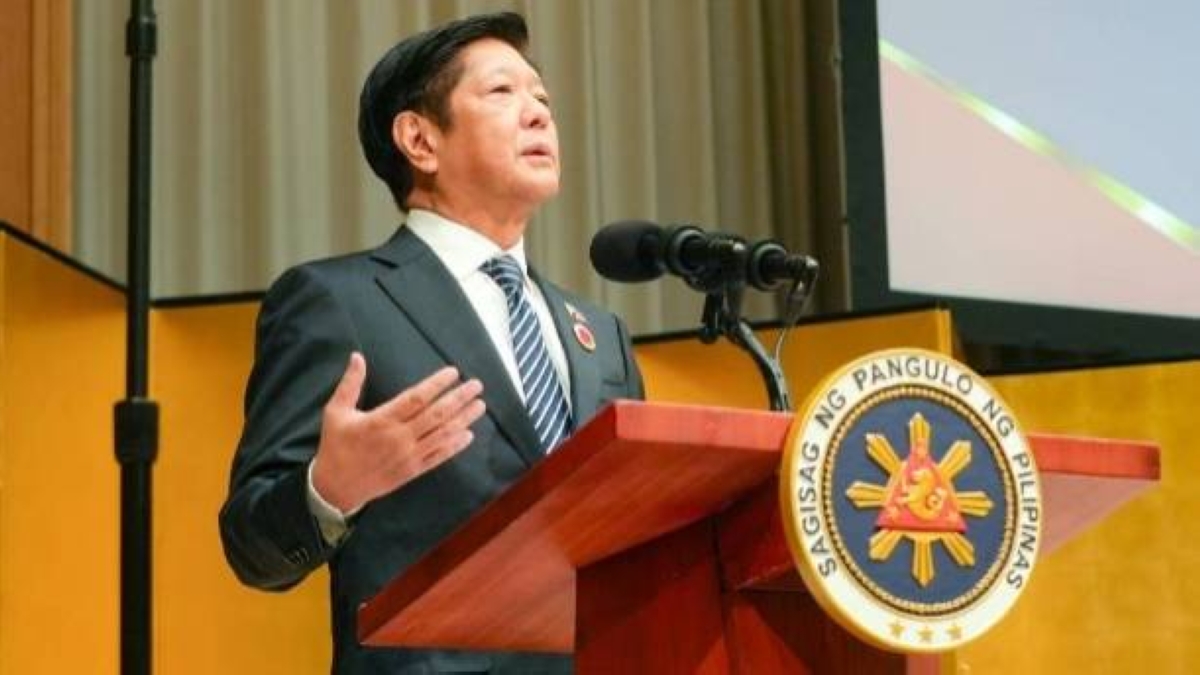In a move to enhance and expand the capacities of higher education institutions (HEIs) in the Philippines, President Ferdinand Marcos Jr. has signed seven laws aimed at upgrading two HEIs and allowing five universities to establish their own college of medicine. These laws signify the government’s commitment to improving the education and healthcare sectors in the country.
One of the laws, Republic Act (RA) 11968, grants the conversion of the San Isidro Satellite campus of the Leyte Normal University (LNU) in San Isidro, Leyte into a regular campus, which will now be known as the “LNU-San Isidro Campus.” This conversion will provide the campus with additional resources and facilities to better serve its students.
Another law, RA 11969, converts the Bataan Peninsula State University (BPSU)-Bagac Extension Campus in Bagac, Bataan into a regular campus, now called the “BPSU-Bagac Campus.” This upgrade will enable the campus to offer a wider range of academic programs and services to its students.
In addition to the upgrades, the President also signed laws establishing Colleges of Medicine in various provinces. These include the Benguet State University-College of Medicine (RA 11970) in La Trinidad, Benguet, and the Southern Luzon State University-College of Medicine (RA 11971) in Lucban, Quezon. These new colleges of medicine aim to produce a corps of professional physicians and contribute to strengthening the country’s healthcare system.
Furthermore, the President signed RA 11972, which establishes the University of Eastern Philippines-College of Medicine in Catarman, Northern Samar, and RA 11974, which establishes the Visayas State University-College of Medicine in Baybay, Leyte. These colleges of medicine will play a vital role in addressing the human resource development needs of their respective provinces.
Under these newly created laws, the HEIs mentioned can now proceed with offering a Doctor of Medicine Program, including an Integrated Liberal Arts and Medicine Program. This will help develop a corps of professional physicians who are equipped to address the healthcare needs of the Filipino people.
In addition to the improvements in the medical field, President Marcos Jr. also signed RA 11973, which established the Bicol University-College of Veterinary Medicine in Ligao City, Albay. This college of veterinary medicine aims to produce professional veterinary physicians who are skilled in the prevention, diagnosis, treatment, and control of animal diseases.
It is worth noting that these laws were signed by President Marcos Jr. on December 20, but copies were only released to the media recently. The new laws will take effect 15 days after their publication in the Official Gazette or in a newspaper of general circulation.
These developments in the higher education sector and the establishment of new colleges of medicine and veterinary medicine are crucial steps in improving the quality of education and healthcare in the Philippines. They demonstrate the government’s commitment to investing in the future of its citizens and addressing the specific needs of different provinces. These advancements will not only benefit the students and professionals involved but will also contribute to the overall development and progress of the country.
By continuously upgrading and expanding educational institutions, the Philippines is paving the way for a brighter future, where well-trained professionals can contribute to the growth and well-being of the nation.







